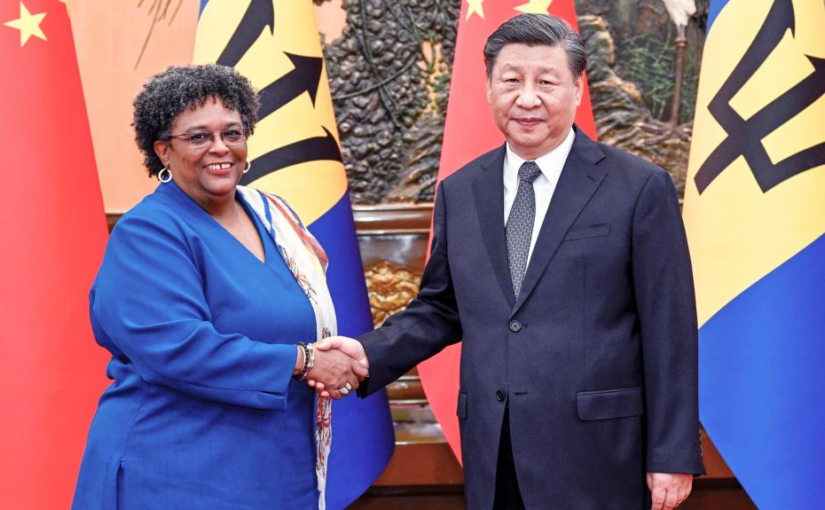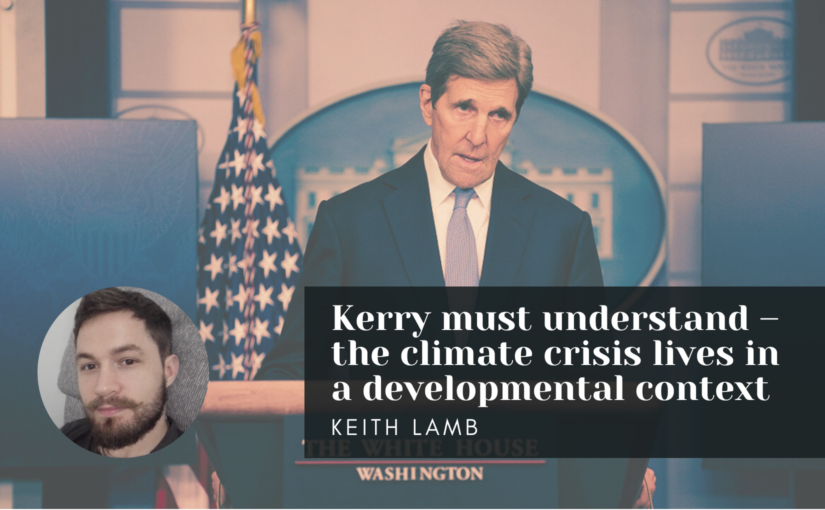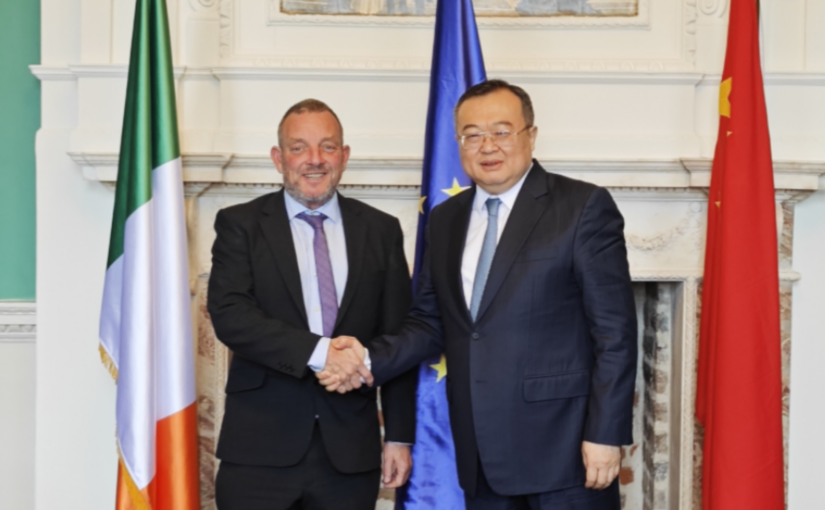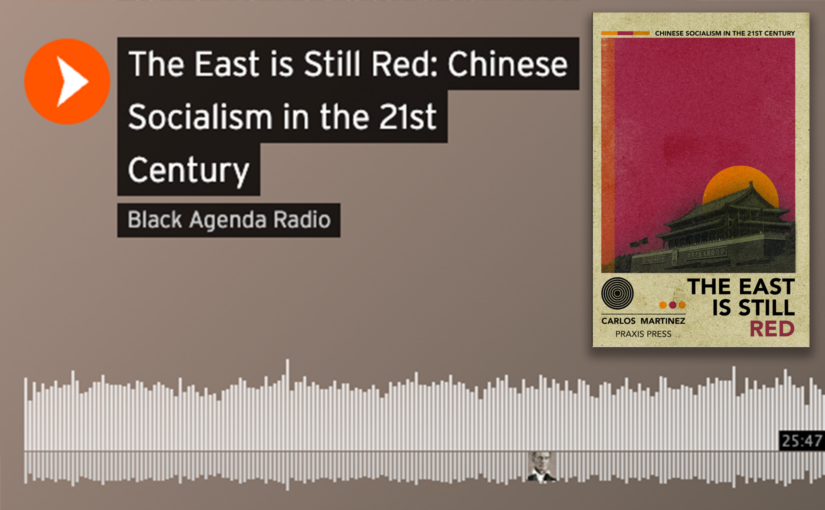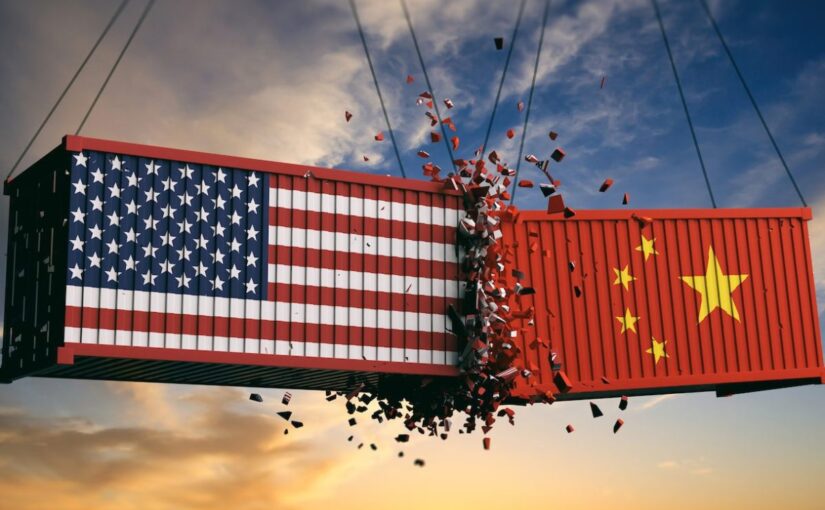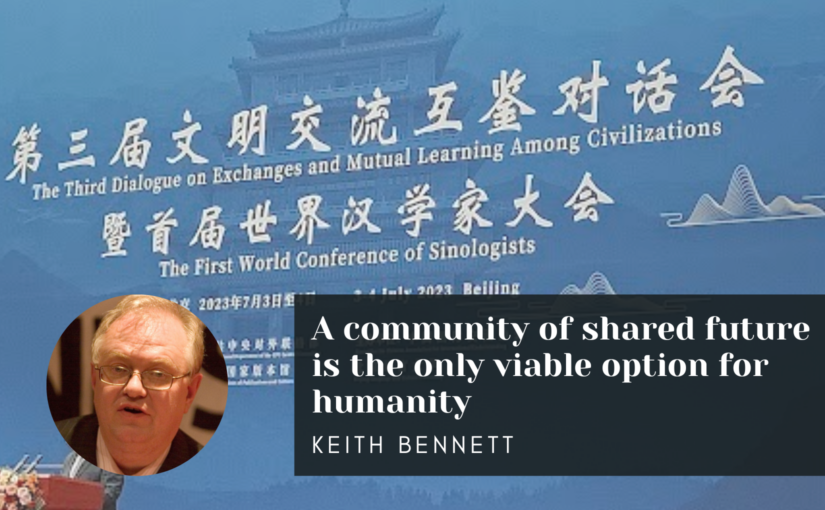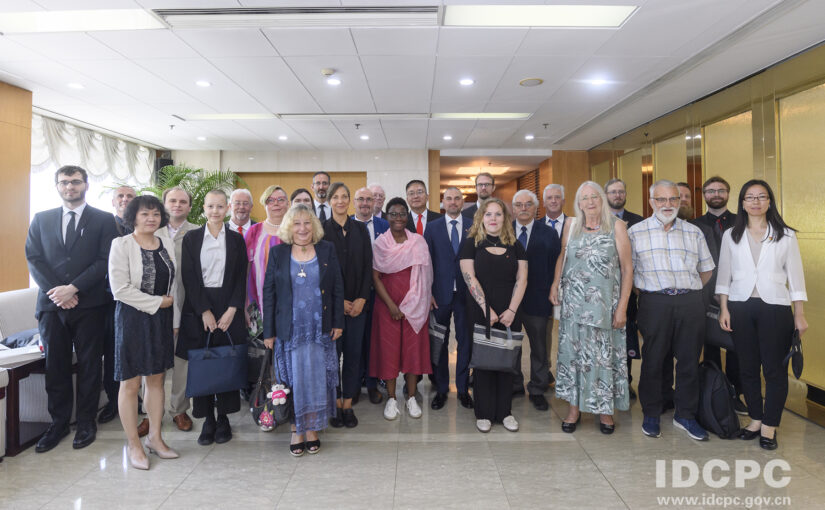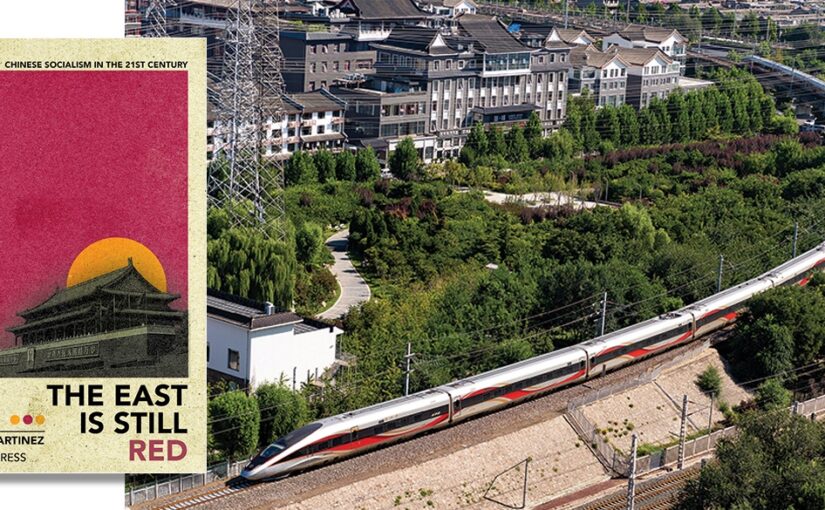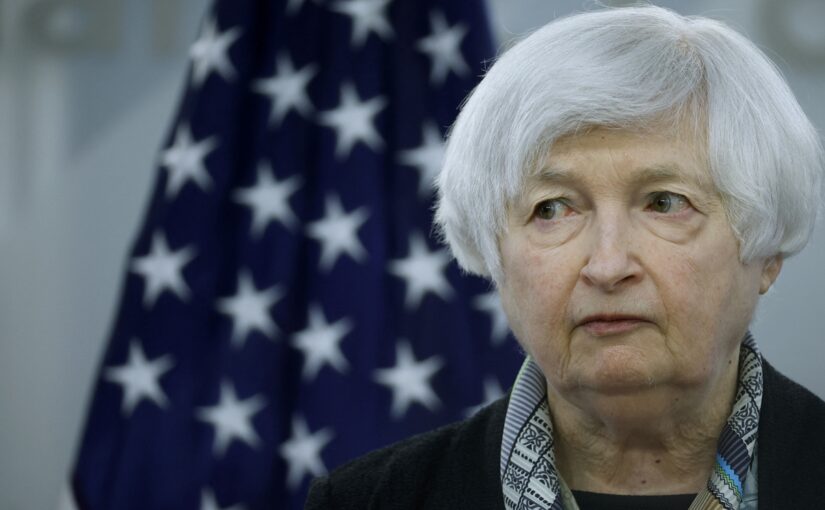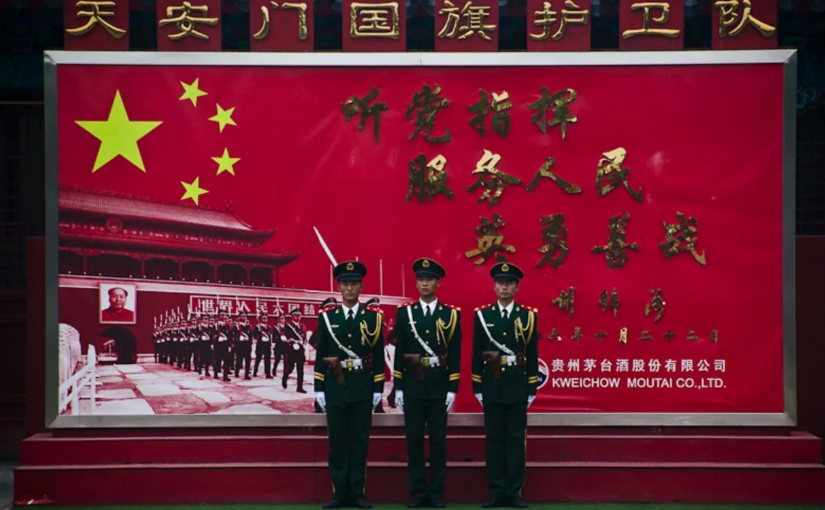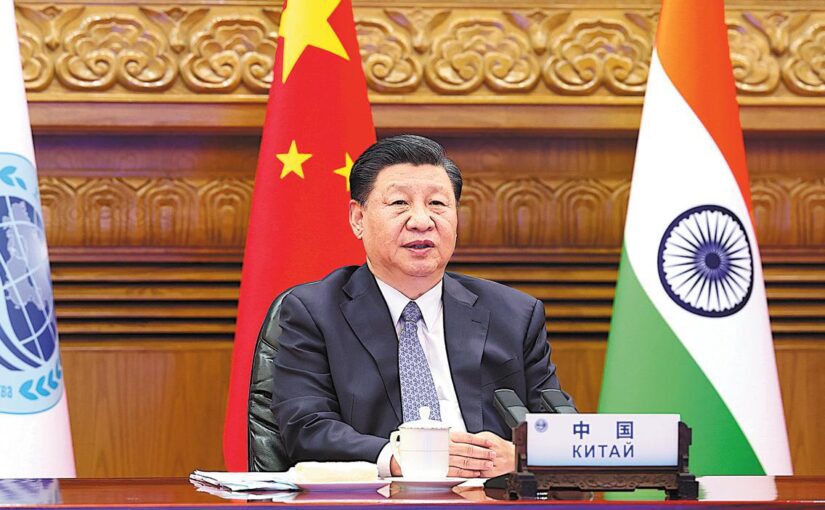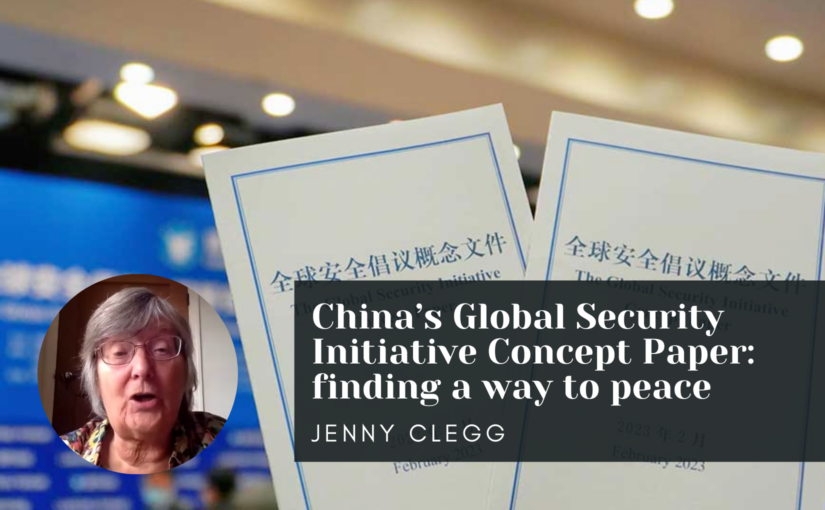Prime Minister of Barbados Mia Amor Mottley paid an official visit to China in late June.
Meeting with Xi Jinping on June 27, the Chinese President pointed out that Barbados is the first country in the eastern Caribbean to establish diplomatic relations with China, and also a good friend and good partner of China in the region. Though separated by vast oceans, China and Barbados share similar goals and have moved forward hand in hand, with bilateral relations constantly deepening and growing. China welcomes Barbados to board the “express train” of China’s development, and to work with China to build a closer China-Barbados community with a shared future.
President Xi went on to note that China, as always, supports Barbados in safeguarding its national sovereignty and independence, and independently choosing its own development path. China and Barbados are both developing countries, sharing much in common in the field of development, and enjoy great potential for cooperation. The two sides should expand practical cooperation and take the Belt and Road cooperation as an opportunity to expand cooperation in such fields as infrastructure construction, digital economy, climate change, new energy, agriculture, medical care and health.
Xi Jinping said that, facing profound world changes unseen in a century, developing countries should strengthen solidarity and cooperation, practice true multilateralism, oppose the Cold War mentality and bloc confrontation, uphold the basic norms governing international relations, safeguard international fairness and justice, and promote the building of a community with a shared future for humanity. China fully understands the aspirations of Barbados and other small island developing states in the field of climate change, and is ready to continue strengthening South-South cooperation on climate change and to provide assistance and support to developing countries, including Barbados. China attaches importance to its relations with the Caribbean from a strategic height and a long-term perspective, and will continue to provide assistance to the best of its ability for the economic and social development of the region.
Mia Amor Mottley said that she was deeply impressed by the solidarity and friendship she witnessed between Barbados and China during the visit. She thanked China for its valuable assistance for Barbados’ response to the COVID-19 pandemic and for its economic and social development. She said the Chinese government has made great achievements in eliminating poverty and benefiting the people, and these achievements are admired around the world. Barbados firmly supports the one-China principle, highly recognizes China’s philosophies, and is ready to learn from China’s experience and actively participate in the implementation of the Global Development Initiative, the Global Security Initiative, and the Global Civilization Initiative. Barbados hopes to strengthen cooperation with China in such fields as climate response, water resources, addressing the digital divide, and health care. Barbados is committed to multilateralism, opposes “decoupling and severing industrial and supply chains”, and is ready to continue promoting the development of relations between the Caribbean and China.
Two days previously, on June 25, the Barbados Prime Minister met her Chinese counterpart, Premier Li Qiang, who said that Barbados is a good friend and partner of China in the Caribbean region. Under the new circumstances, China is ready to work with Barbados to further enhance strategic mutual trust, deepen bilateral cooperation in various fields, and build China-Barbados relations into a model of solidarity and win-win cooperation between developing countries. For her part, Mottley said that Barbados attaches great importance to its relations with China, and both countries are committed to improving people’s lives and promoting sustainable development. Barbados thanked China for sending medical teams and providing strong support for its fight against COVID-19.
Mottley has been the Leader of the Barbados Labour Party (BLP) since 2008. She was first elected as Prime Minister in May 2018, when she led the BLP to win all 30 seats in the country’s parliament, for the first time in Barbadian history, taking 72.8% of the vote, the highest ever scored by any party in the country. In the 2022 general election, the BLP again secured all 30 parliamentary seats. On November 30 3021, Mottley led her country to renounce the British monarchy and become a fully independent republic, a trend that is gaining wider support throughout the Caribbean.
The following articles were originally carried on the website of the Chinese Foreign Ministry.
Xi Jinping Meets with Prime Minister of Barbados Mia Amor Mottley
On the afternoon of June 27, 2023, President Xi Jinping met at the Great Hall of the People with Prime Minister of Barbados Mia Amor Mottley who is on an official visit to China.
Xi Jinping pointed out that Barbados is the first country in the eastern Caribbean to establish diplomatic relations with China, and also a good friend and good partner of China in the region. Though separated by vast oceans, China and Barbados share similar goals and have move forward hand in hand, with bilateral relations constantly deepening and growing. China is promoting Chinese modernization with high-quality development, which will bring new opportunities for Barbados’ development and China-Barbados cooperation. China welcomes Barbados to board the “express train” of China’s development, and to work with China to build a closer China-Barbados community with a shared future.
Continue reading China-Barbados relations constantly deepening and growing